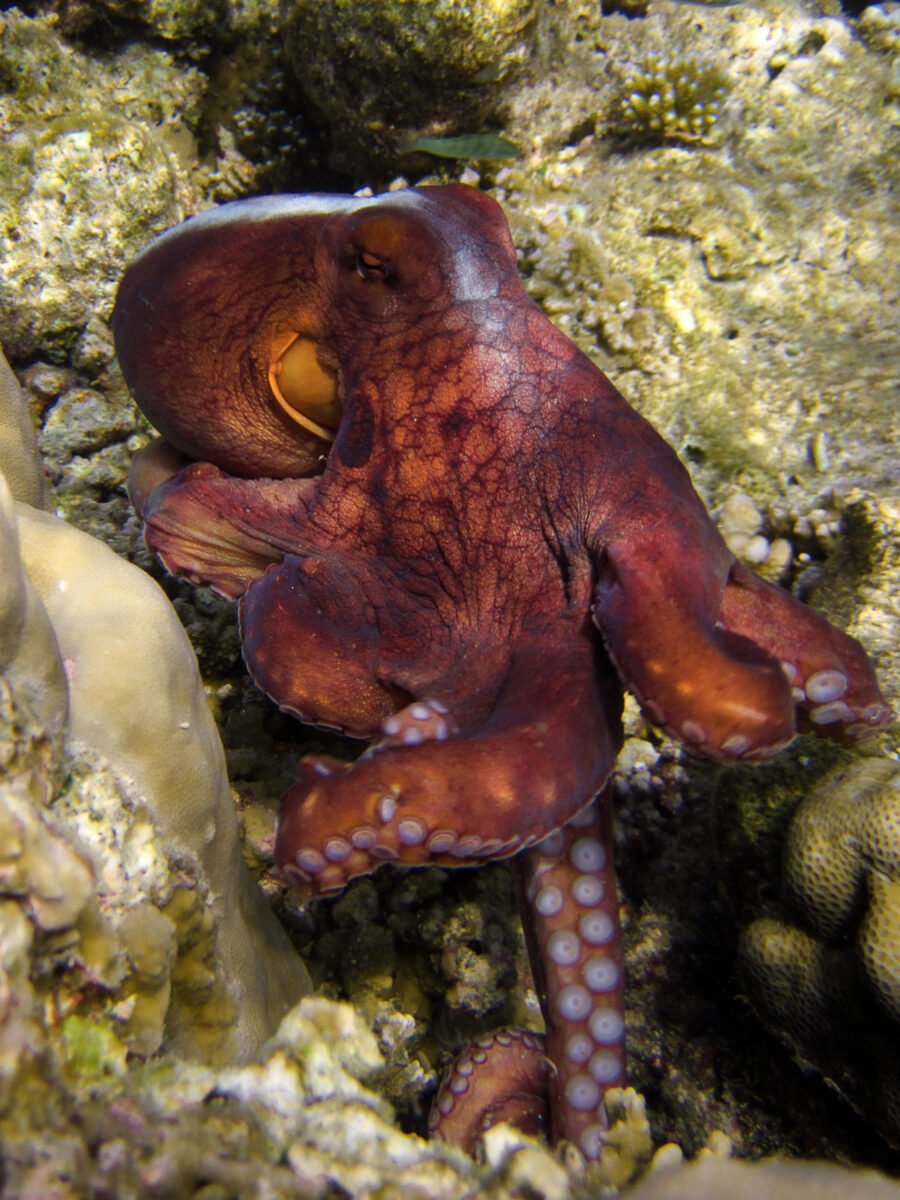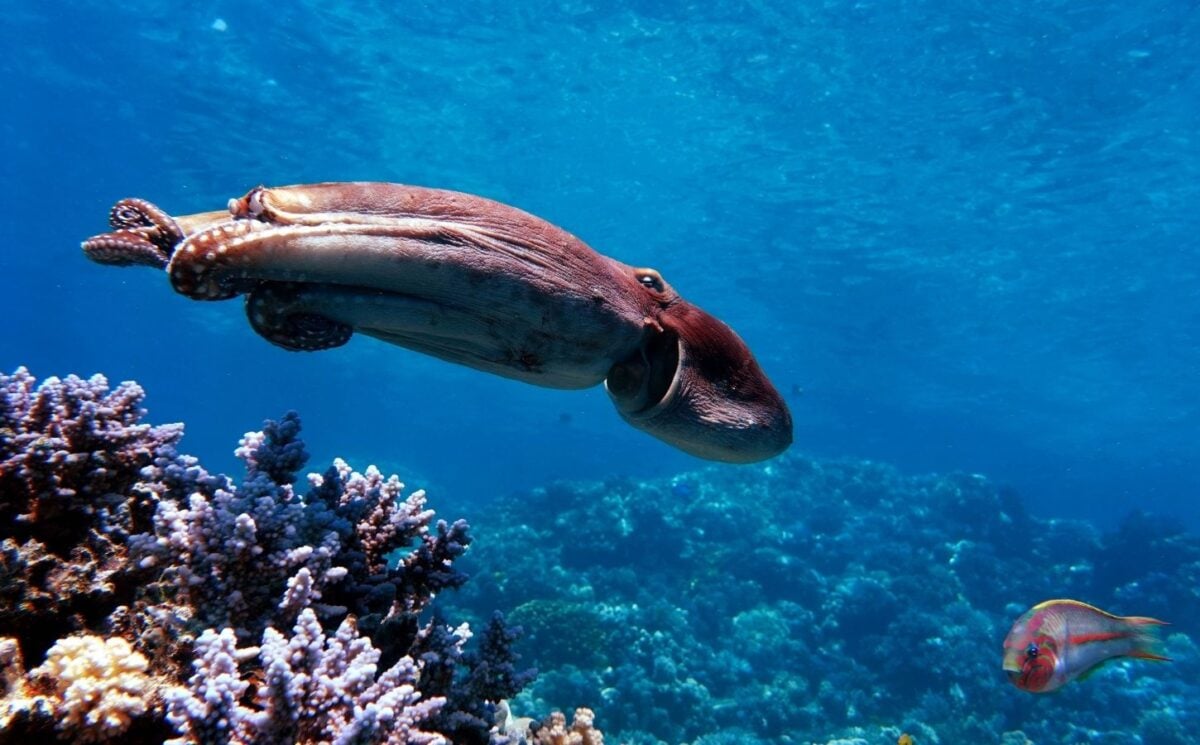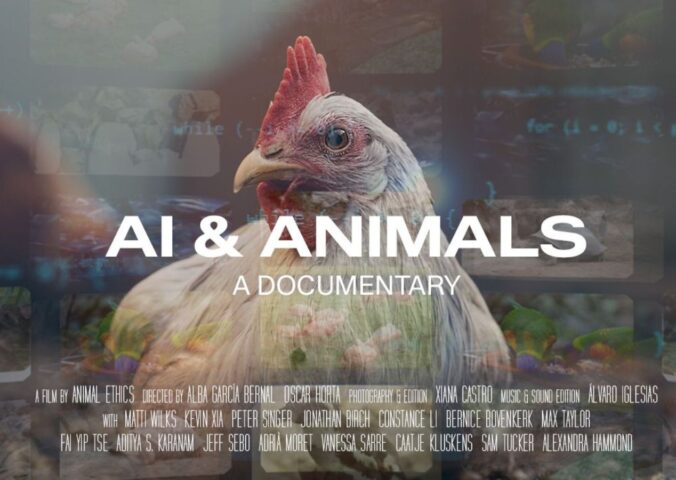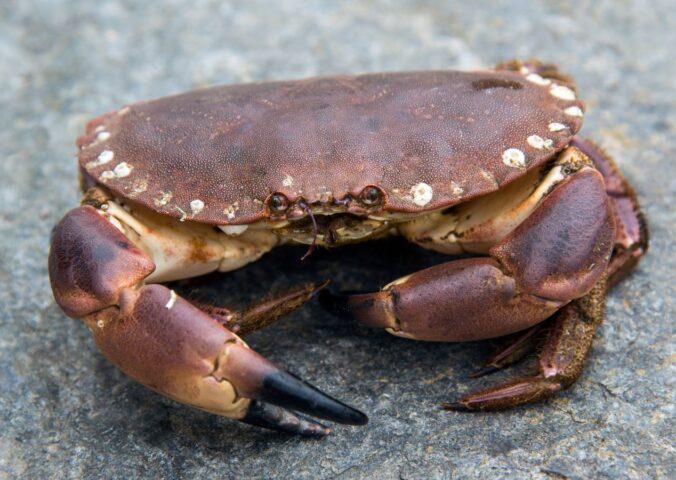A team of scientists has captured footage of octopuses and fishes* hunting cooperatively for mollusks and other smaller sea creatures.
Read more: First North Atlantic Right Whale Spotted Off Irish Coast In Over A Century
While octopuses typically hunt alone, they have previously been depicted foraging alongside fishes. Thirteen new clips – extracted from over 120 hours of footage taken in the Red Sea – confirm that the different species collaborate in order to hunt for food more effectively.
The scientists published an accompanying study in the journal Nature Ecology & Evolution, which describes the complex, social, multispecies cooperation as ranging from “simple exploitative actions” to “complex coordinated networks.”
“The octopus basically works as the decider of the group,” explained co-author Eduardo Sampaio, a researcher at the Max Planck Institute of Animal Behavior in Konstanz, Germany. “There’s a sign that some cognition is occurring here, for sure.”
Read more: Could ‘Whole Cut’ Vegan Seafood Move People Away From Eating Fish?
‘We are very similar to these animals’

In both the study and the footage, fishes are depicted acting as guides. They find appropriate prey and flag the location, allowing the accompanying octopus to extract the prey with their arms.
Each of the 13 clips shows the big blue octopus (Octopus Cyanea) hunting with different species of fishes, including the blue goatfish (Parupeneus Cyclostomus), who displayed particularly strong team hunting skills and dictated the pair’s overall direction.
“The other fish provide several options, and then the octopus decides which one to take,” said Sampaio. “There’s this element of shared leadership.”
Each species adopted a different role to aid the hunt, and the octopuses also appeared to adapt and respond depending on the situation. For example, schools of blacktip groupers (Epinephelus Fasciatus) frequently included opportunistic individuals who did not contribute to the hunt. In these instances, octopuses struck coasting individuals to keep them focused.
“We are very similar to these animals,” said Sampaio, as reported by NBC News. “In terms of sentience, they are at a very close level or closer than we think toward us.”
Read more: The ‘World’s First’ Octopus Farm – Everything You Need To Know
*While the English language usually refers to multiple fishes as “fish”, we use “fishes” to emphasize that they are individuals.






